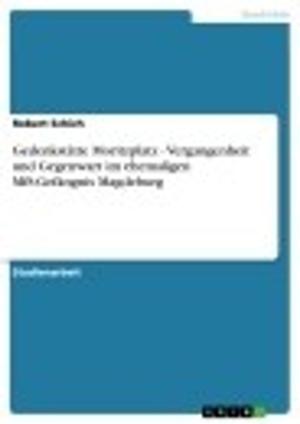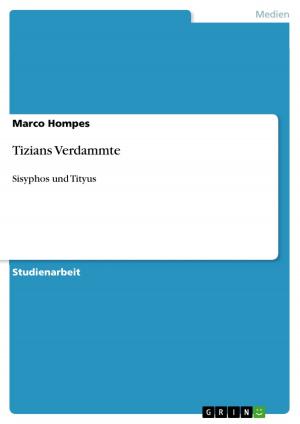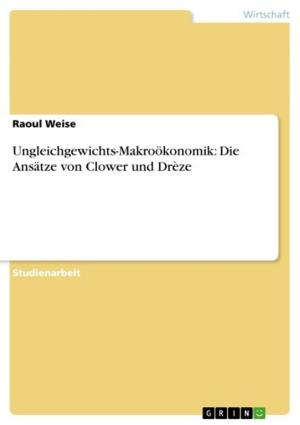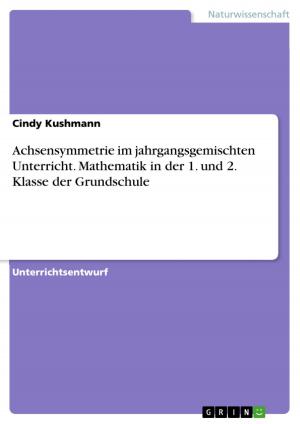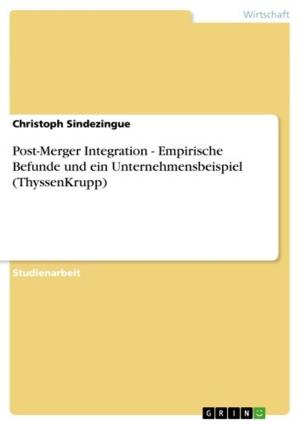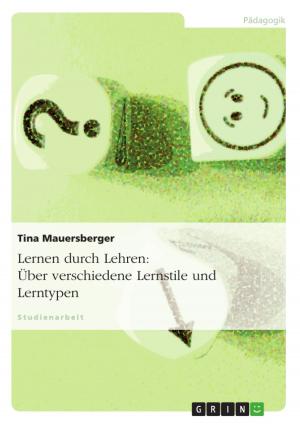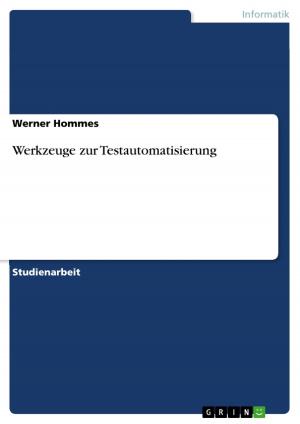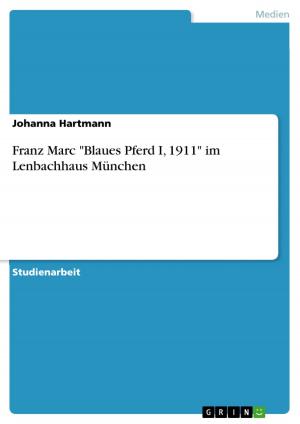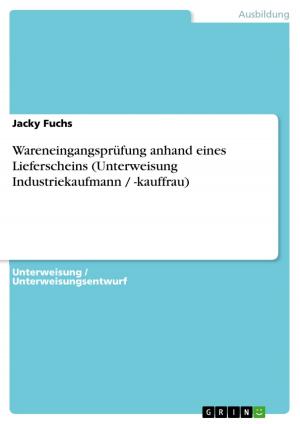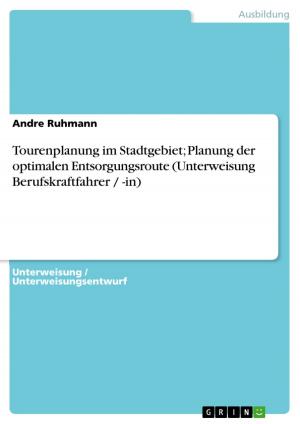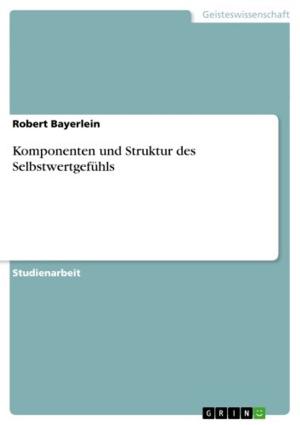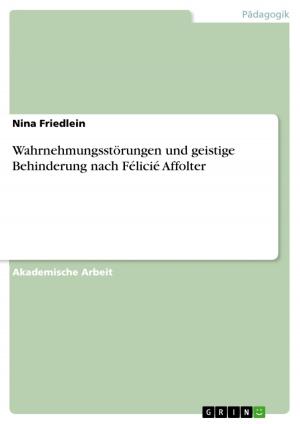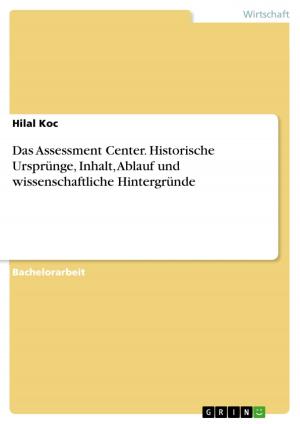Linguistic changes of strong and weak verbs, noun plurals and personal pronouns from the Old English to the Middle English period
Nonfiction, Entertainment, Drama, Anthologies| Author: | Dörte Ridder | ISBN: | 9783638808934 |
| Publisher: | GRIN Verlag | Publication: | February 20, 2007 |
| Imprint: | GRIN Verlag | Language: | English |
| Author: | Dörte Ridder |
| ISBN: | 9783638808934 |
| Publisher: | GRIN Verlag |
| Publication: | February 20, 2007 |
| Imprint: | GRIN Verlag |
| Language: | English |
Seminar paper from the year 2005 in the subject English Language and Literature Studies - Linguistics, grade: 2,1, University of Sunderland (English Department), course: English Past and Present, 13 entries in the bibliography, language: English, abstract: Passage of time is a contributory factor to linguistic change (Pyles 78). Language change cannot be considered without its context in time. Developments take place daily but can best be recognized by categorizing the changes into the existing period classifications and comparing them to the changes in a different period in the evolution of the English language. The following essay will examine linguistic features of the Old English period, which can be dated from 450 to 1150 and compare and contrast them to the Middle English period, which can typically be dated from 1150 to 1500. These two periods have been chosen because they follow successively and therefore show direct linguistic changes. The most important one to be scrutinized will be the fact that Old English has been a synthetic language, 'one that indicates the relation of words in a sentence largely by means of inflections' (Baugh and Cable 54). Especially endings of the noun and pronoun, the adjective and the verb are concerned. In the course of the Middle English period, English changed to an analytic language that did not depend on inflectional endings, but rather on prepositions, auxiliary verbs and word order to show relationships. In a first step essentials of the Old English and the Middle English period and a short historical categorisation shall be outlined. Subsequently by analysing strong and weak verbs, noun plurals and personal pronouns it shall be shown how Old English changed from a highly inflected language to an extremely analytic one in Middle English. [...]
Seminar paper from the year 2005 in the subject English Language and Literature Studies - Linguistics, grade: 2,1, University of Sunderland (English Department), course: English Past and Present, 13 entries in the bibliography, language: English, abstract: Passage of time is a contributory factor to linguistic change (Pyles 78). Language change cannot be considered without its context in time. Developments take place daily but can best be recognized by categorizing the changes into the existing period classifications and comparing them to the changes in a different period in the evolution of the English language. The following essay will examine linguistic features of the Old English period, which can be dated from 450 to 1150 and compare and contrast them to the Middle English period, which can typically be dated from 1150 to 1500. These two periods have been chosen because they follow successively and therefore show direct linguistic changes. The most important one to be scrutinized will be the fact that Old English has been a synthetic language, 'one that indicates the relation of words in a sentence largely by means of inflections' (Baugh and Cable 54). Especially endings of the noun and pronoun, the adjective and the verb are concerned. In the course of the Middle English period, English changed to an analytic language that did not depend on inflectional endings, but rather on prepositions, auxiliary verbs and word order to show relationships. In a first step essentials of the Old English and the Middle English period and a short historical categorisation shall be outlined. Subsequently by analysing strong and weak verbs, noun plurals and personal pronouns it shall be shown how Old English changed from a highly inflected language to an extremely analytic one in Middle English. [...]

